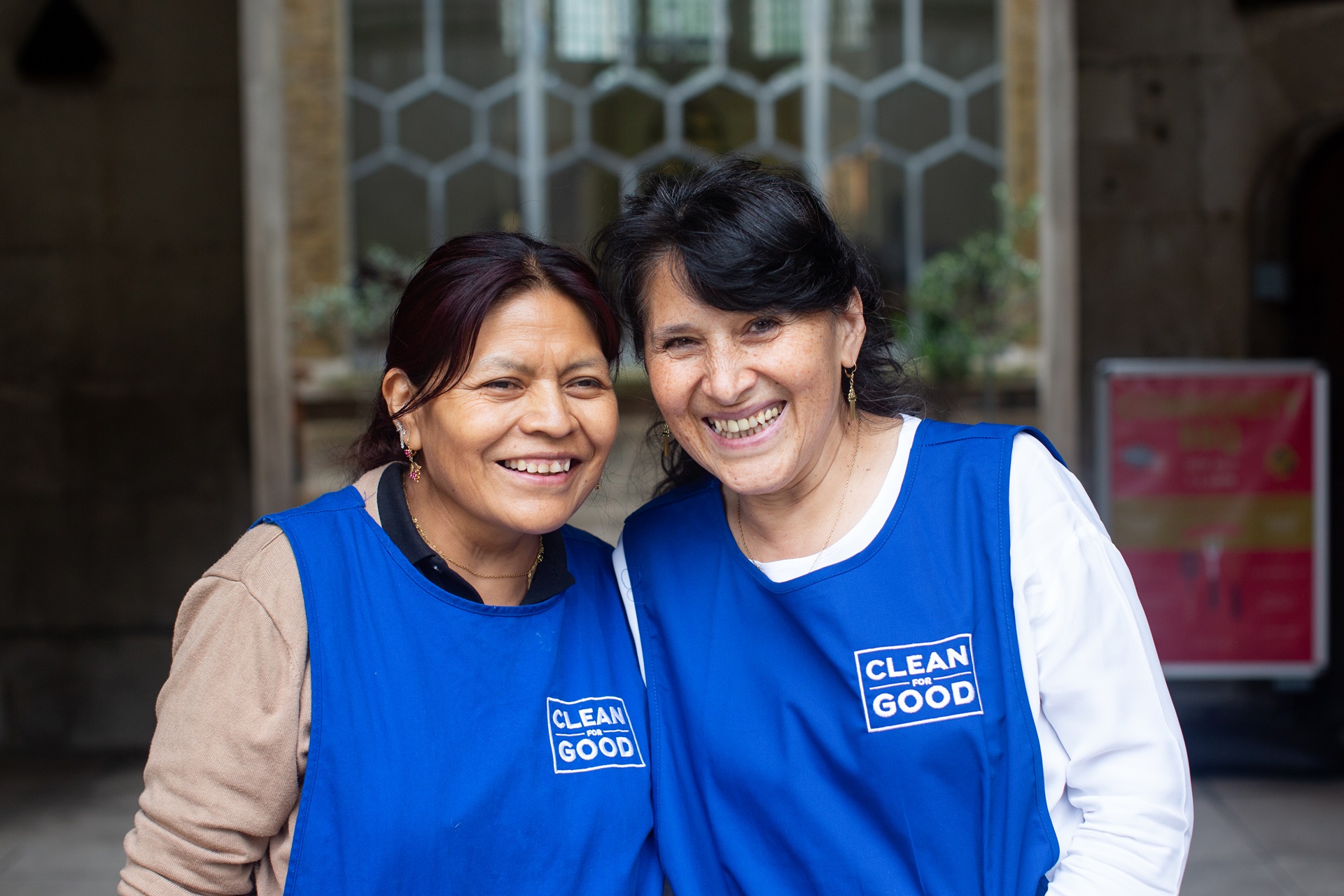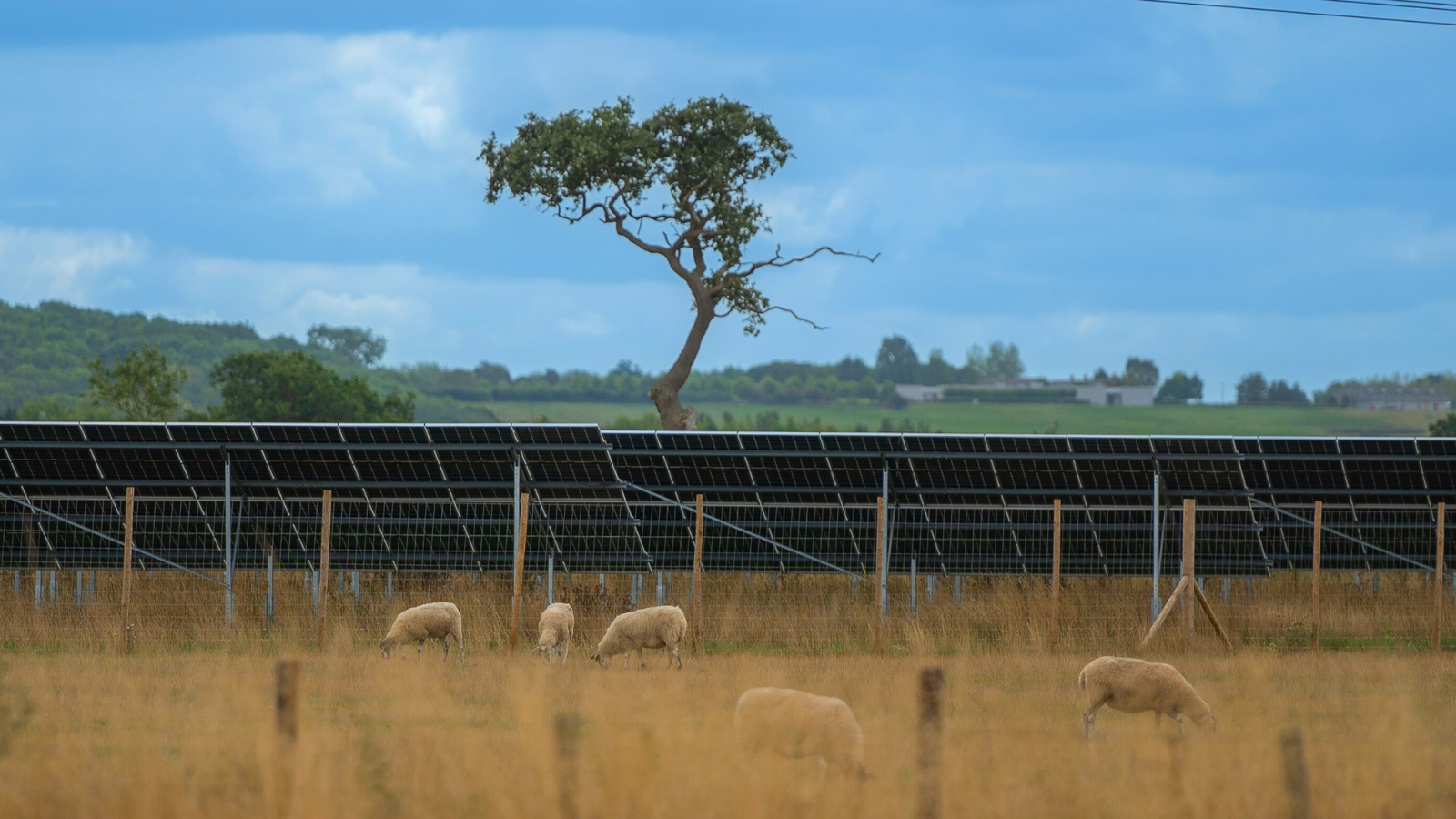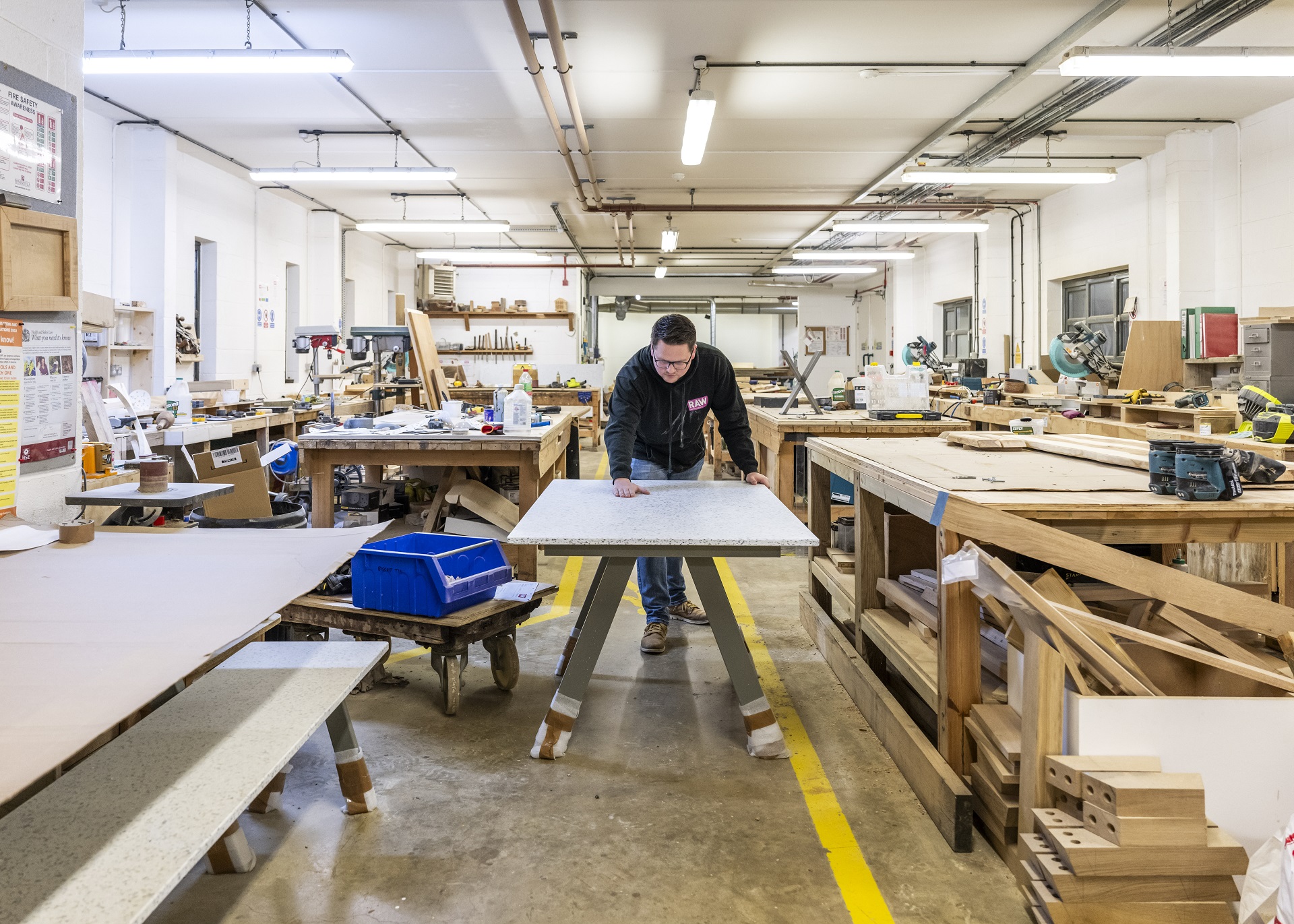
Member updates
GLL to operate Westminster Boating Base from 1 March 2025
The UK’s largest charitable social enterprise leisure provider, GLL, will add Westminster Boating Base to its ever-growing list of water facilities when it takes on its management and operations on behalf of the Westminster Boating Base charity from 1 March 2025, following an agreement struck with the charity’s trustees. GLL operates facilities under its 'Better' brand. The new arrangements will ensure the Pimlico-based charity will continue to be able to meet its charitable objectives to help educate and develop young people and improve lives for many years to come. It will also ensure the Base retains its unique identity and role in the community. Westminster Boating Base offers unrivalled safe and supervised access to the water for local school children who can use its pontoon to get out on the River Thames in kayaks and sailing dinghies. There will be no immediate change to the programme in 2025 under GLL’s expert management. The charitable social enterprise already operates successful water-based facilities in Lee Valley, Hackney, Welwyn Hatfield, Bedford, Manchester, Wales and Cumbria. GLL’s Partnership Manager Katie Foulger said: "We are delighted to add Westminster Boating Base to our ever-growing list of open water facilities - which include an Olympic Canoe Slalom course, Cumbrian and Welsh lakes, a reservoir in Hackney – as well as six lidos. "Children learn valuable life skills, grow in confidence and thrive through active play and sport. With the support of the sailing and kayaking experts here, all are assured of the best experience in the capital." "Taking the Base into our GLL family will secure its future for years to come for local children and schools as well as grant access to our Foundations, expertise and 34 years of industry-leading experience – all backed by the strong social values that our brands stand for." Nestled on the banks of the River Thames, Westminster Boating Base also boasts one of London’s most distinctive event venues, offering unparalleled riverside views from its elegant wrap-around balcony. Already a sought-after destination for weddings, private parties and community events, the venue is now poised for an exciting new chapter under the management of GLL. With a strategic focus on expanding its events programme, Westminster Boating Base will further cement its reputation as a central premium event space while generating essential revenue to support its charitable and youth development initiatives. GLL’s Head of National Events, Daniel Le Grange commented: “Westminster Boating Base is an exceptional venue, combining breathtaking Thames views with a versatile and stylish setting. "We are committed to delivering high-end, premium events from conferences to corporate functions to exclusive private parties. "Every event hosted here not only benefits from an extraordinary backdrop but also plays a direct role in supporting the Base’s invaluable community and youth programmes.” Westminster Boating Base's bookings and facility information are made available via the the website and the better_uk app. Nigel Berman, Chair of Trustees at Westminster Boating Base charity said: “This new partnership with GLL ensures our charitable objectives can be delivered while we retain our unique identity and role in the community. “We look forward to working with GLL to improve outcomes for young people and put the Base on a sustainable financial footing going forward.” GLL will continue the strong relationship built up with clubs and volunteers at the Base. GLL's water-based facilities: Westminster Boating Base, Pimlico Debdale Outdoor Centre, Manchester Lee Valley White Water Centre, Waltham Cross Blue Peris Outdoor Centre, Gwynedd Ghyll Head Activity Centre, Cumbria West Reservoir Centre, Hackney Jesus Green Lido, Cambridge London Fields Lido, Hackney Charlton Lido, Greenwich Abbey Meadows Lido, Oxfordshire Finchley Lido, Barnet Hillingdon Lido and Leisure Centre, Uxbridge better.org.uk
3 min







